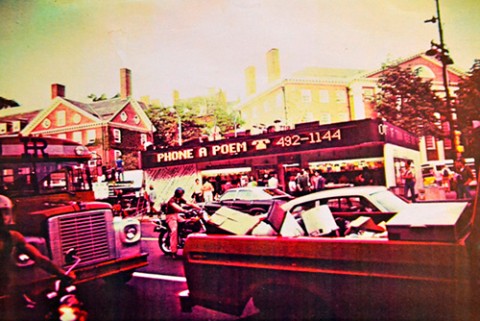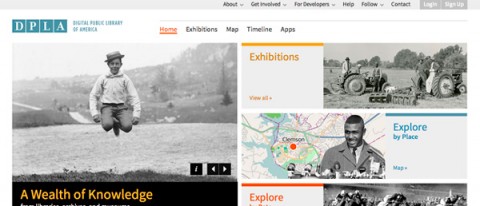I’ll confess, when it comes to computers, I’m pretty much strictly a user. And these days, with the potential freedom and creatively afforded by open access software, the endless hacks for virtually everything, and the availability of free online computer classes, that seems like kind of a lame admission. So I’m tempted to rectify my programming ignorance by pushing through what promises to be a rigorous intro to computer science, CS50, Harvard’s introductory course for both majors and non-majors alike. The course offers a broad knowledge base to build on, as you can see from the description below:
Topics include abstraction, algorithms, encapsulation, data structures, databases, memory management, security, software development, virtualization, and websites. Languages include C, PHP, and JavaScript plus SQL, CSS, and HTML. Problem sets inspired by real-world domains of biology, cryptography, finance, forensics, and gaming. Designed for concentrators and non-concentrators alike, with or without prior programming experience.
Harvard has made this course available free to anyone—via YouTube, iTunes, and the course page—with a series of lectures filmed during the Fall 2011 semester. The class is led by David J. Malan, an enthusiastic young professor and Senior Lecturer on Computer Science at Harvard, and himself a product of Harvard’s Computer Science program. Professor Malan has also offered Harvard’s CS50 as a MOOC through edX. In the introductory lecture to CS50 (above), Malan promises that “this is one of those rare courses that actually squeezes your brain so much and your schedule so much that by the end of the semester you actually feel smarter.”
Professor Malan has become something of a hot shot at Harvard. His mission—to make computer science more accessible and far less daunting. He’s done this in part by generously making several of his courses available free online to non-Harvard students. In addition to CS50, Malan offers the following courses for those who want to pursue programming or web design further:
And if you still need some selling on the values and virtues of computer science, watch Malan below deliver an inspiring talk called “And the Geek Shall Inherit the Earth” at Harvard Thinks Big 2010 (Harvard’s version of TED Talks).
We’ve added Harvard’s CS50 to the Computer Science section of our list of 750 Free Online Courses and our list of 150 Free Business Courses.
Related Content:
Computer Science: Free Courses
Codecademy’s Free Courses Democratize Computer Programming
Learn to Build iPhone & iPad Apps with Stanford’s Free Course, Coding Together
Josh Jones is a writer, editor, and musician based in Washington, DC. Follow him @jdmagness




